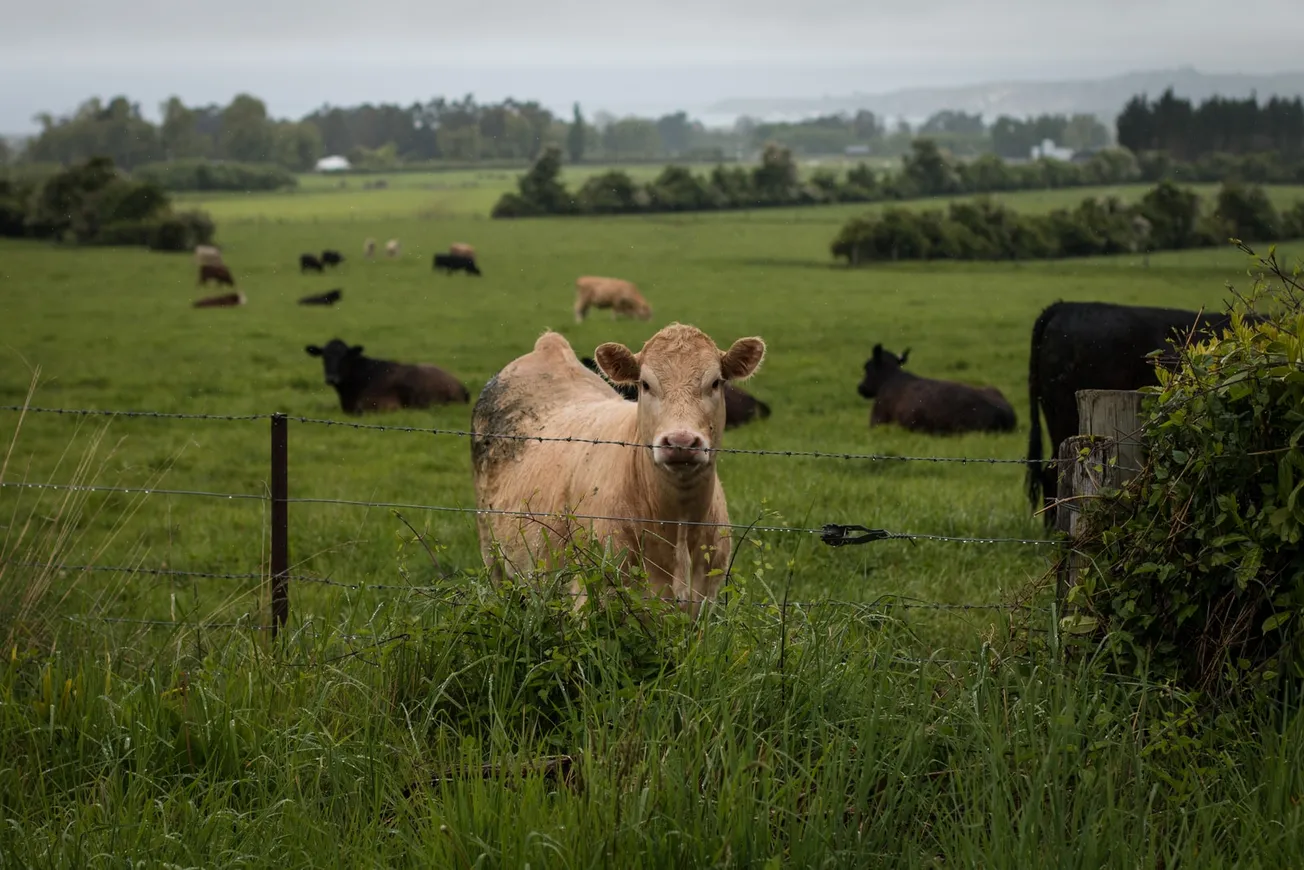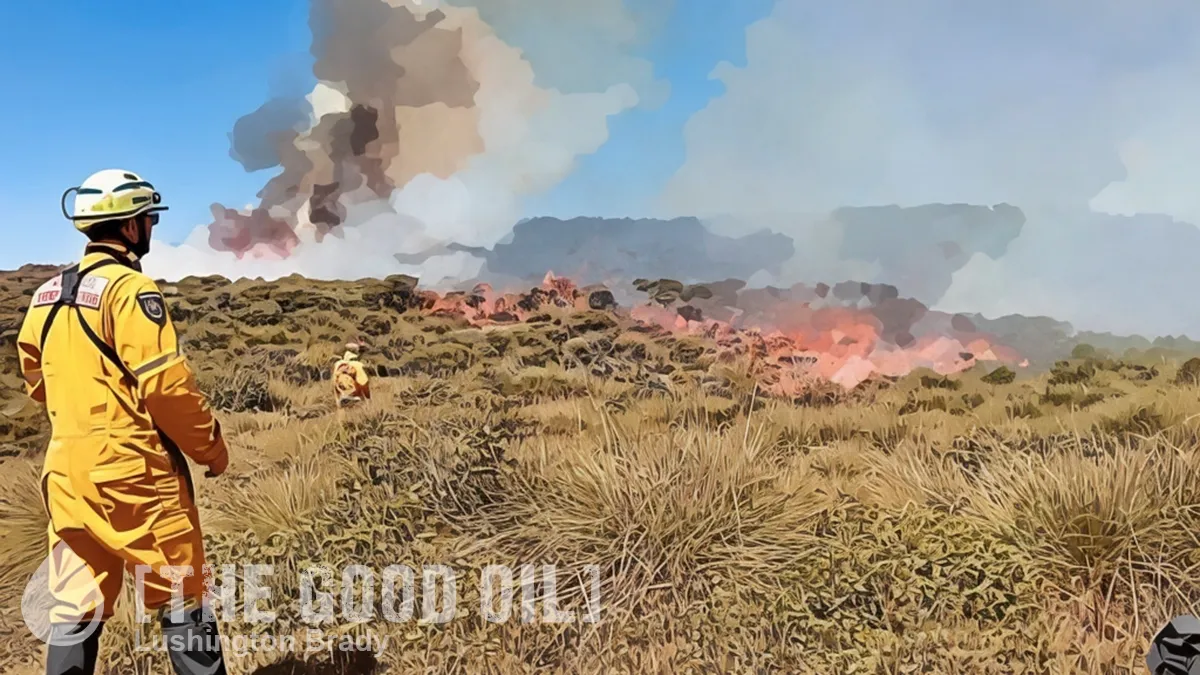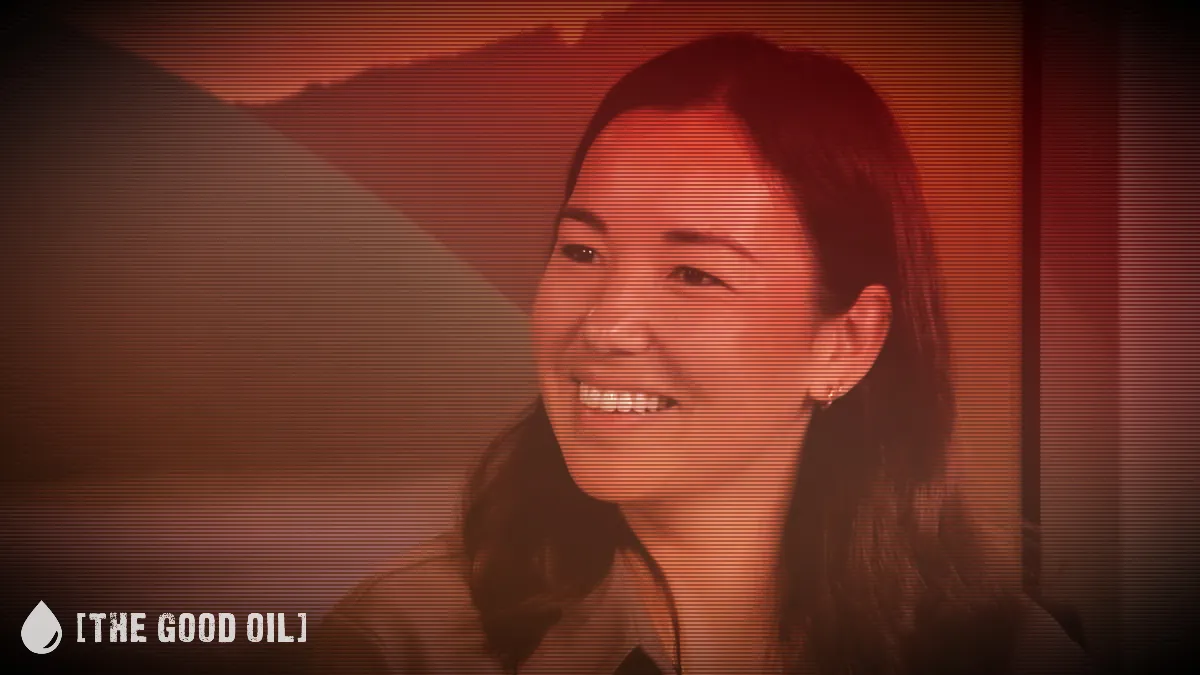Table of Contents
Owen Jennings
F.A.R.M
NZ farmers are leading the way under the “net emissions target” set by the Government.
“Ruminant methane emissions from New Zealand livestock are, by any definition, at net zero now, thirty years ahead of CO2 emitters,” according to F.A.R.M Chairman Robin Grieve.
“Media reports that James Shaw wanted to take a pledge to COP26 to cut methane emissions to net zero incorrectly assumed that this would mean drastic cuts to methane. Commentators need to understand what ‘net zero’ methane emissions means, and why it does not need emission reductions”.
Robin Grieve explained “net zero emissions of a greenhouse gas is achieved when all emissions are offset by removals so that the net effect on the atmospheric concentration of greenhouse is zero, hence the word zero. That is the test. If an emission causes the atmospheric concentration of greenhouse gas to increase it is causing global warming and is not at net zero. If the emission does not cause any atmospheric greenhouse gas to increase it is not causing global warming and is at net zero.
Methane is a short-lived gas so when the emissions are stable, as they have been in New Zealand for some years, all emissions are matched by removals of constantly oxidising atmospheric methane and the net effect on atmospheric methane of each emission is zero.
A target of net zero for all gases means emissions of each greenhouse gas are either zero themselves or offset by removals. The long lived gases like CO2 need to reduce to zero or be offset by something that removes the CO2 from the atmosphere and stores it for up to 1000 years. Short lived gases like methane, as stated would only have to remain stable.
For New Zealand to have a target of net zero for all gases is a challenge for the long lived gases but not so for ruminant methane as our farmers have already achieved it.
Some scientists argue that methane emissions need to reduce by 0.3% per year or 10% in total to be at net zero but the Climate Commission’s position is that stable methane emissions result in a stable atmospheric concentration of methane which is another way to describe the impact of net zero emissions. The Climate Commission’s reason for its target to reduce methane emissions by 24 to 47% is not to reduce their impact on global warming, which they have already stated is zero, but to offset CO2 emissions which can not be reduced quickly enough. They want farmers to subsidise CO2 emitters.
Farmers are leading the way, they have achieved net zero for their largest emission thirty years ahead of the rest of New Zealand. They deserve better recognition for this. It is time for less emotion and more scientifically factual information.
The science is very clear, our politicians less so and those who report on this should demand better from them and better from themselves. They just need to be true to the science and call out the political doublespeak that is so prevalent in the global warming industry and results in misrepresentation and confusion over many things including what net zero emissions means.
Facts about Ruminant Methane.
Explainer for media and commentators
A national target of net zero methane emissions means
Taking the Climate Commission’s position this is achieved when emissions are of methane are stable. NZ ruminant methane emissions have been relatively stable since the 1980’s. See graph below supplied by the Parliamentary Commissioner for the Environment.
A national target of net zero all gases
This would involve holding methane emissions stable and reducing CO2 to zero or offsetting them with removals that will keep CO2 locked up for the next 1000 years. Nitrous oxide would have to be mostly offset. The IPCC sees no scenario where nitrous oxide can be reduced significantly and under the pathway the Climate Commission chose to adopt nitrous oxide emissions need to be in a range of +1 to -26 % from current levels
A national target of zero methane emissions
Any country that adopted such a target would have to shut down completely any rice production or ruminant livestock farming. Millions of people would starve to death and the Paris agreement specifically excludes this option under Article 2b. The UN is very aware of the massive starvation some countries’ biofuel policies caused, describing them as the greatest crime against humanity ever
A national target of net zero carbon (CO2 equivalent) emissions means
The system attempts to equate long lived gases like CO2 with short lived gasses like methane. The system denies science because it does not take into account that methane is oxidising out of the atmosphere at the same rate that it is going up in to the atmosphere.
It is akin to counting people who are walking into a room and ignoring how many people walk out of it. If 100 people walk into the room and 100 people walk out of it and you conclude there are 100 people in the room, when in fact there are none you are mistaken and any policy decisions you make based on your mistake, will also be a mistake. It is hard to imagine anyone of normal intelligence putting any credence on such a nonsense system but unfortunately many do.
The effect of using this system is to massively overstate methane emissions which then overstates the amount of removals or emission reduction that is needed. It would be irresponsible for our Climate Minister to deny climate science in such a way as to suggest such an outcome. We know that James Shaw did suggest that good climate policy was a matter of choosing oxygen over money and that our atmosphere would be unliveable if we did not, so he is not averse to denying climate science by concocting erroneous and deliberately misleading information.
Language is very important. We need reporting that uses factual information that is scientifically sensible so that our politicians can be questioned when they mistakenly believe ruminant methane emissions need to reduce to be at net zero, or that when they are referring to the CO2 equivalent system they do not confuse carbon or CO2 equivalents which are often meaningless, with real greenhouse gases.
FARM Comment: Here is how mixed up Minister Shaw is and the media in general.
Newshub Headline: Climate change conference: Shaw wanted 54 per cent cut, and net zero for farmers
James Shaw pushed for a more ambitious 2030 emissions reduction pledge, which would have cut net emissions by 54 per cent of their gross 2005 levels – although he considered a cut of as high as 70 per cent.
Shaw also proposed committing New Zealand to a net zero emissions target for all greenhouse gases by 2050, meaning the country would have to drastically reduce its biogenic methane emissions – mainly from agriculture.
Currently, the target is to reduce those emissions by between 24 and 47 per cent of 2017 levels.
But pressure from the Labour side of the Government forced the Government to compromise on a 50 per cent pledge, which was released on Sunday.
???? Duh!!!!
Please share so others can discover The BFD.









